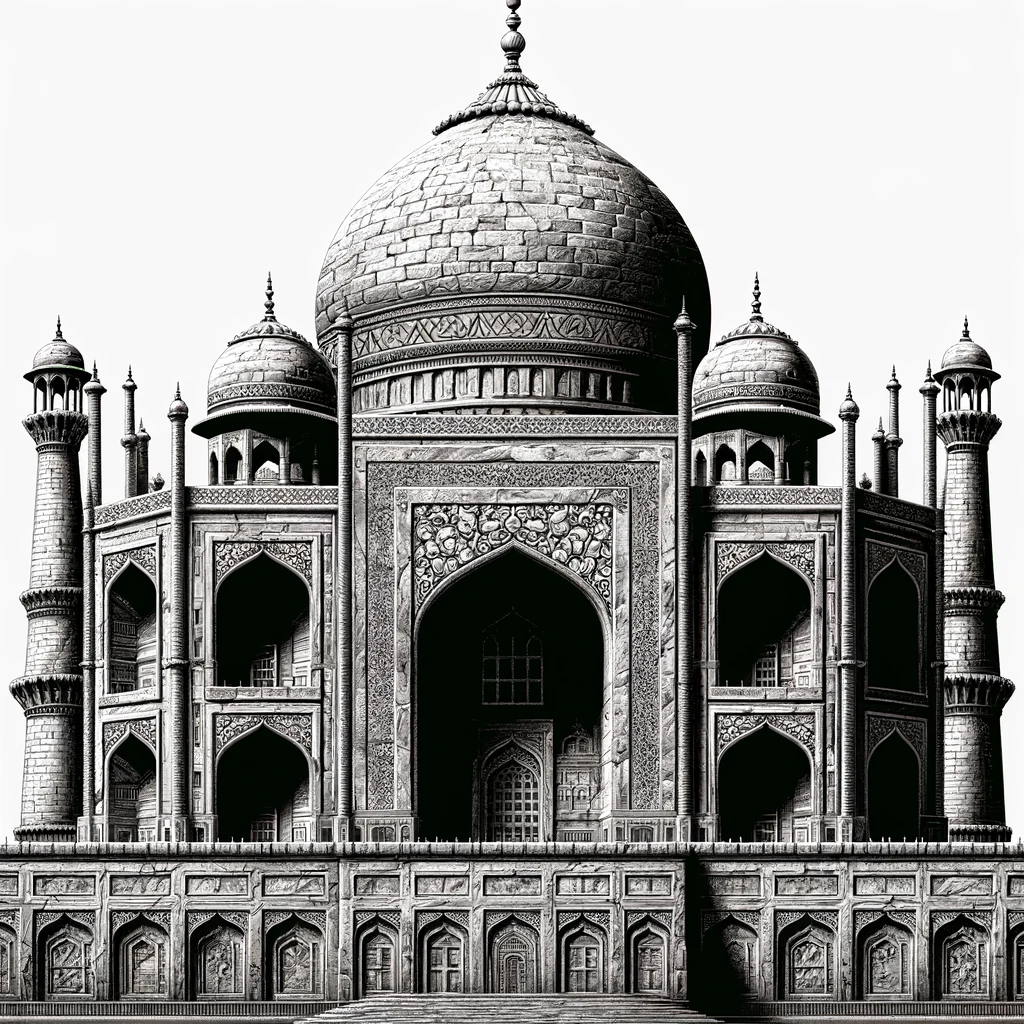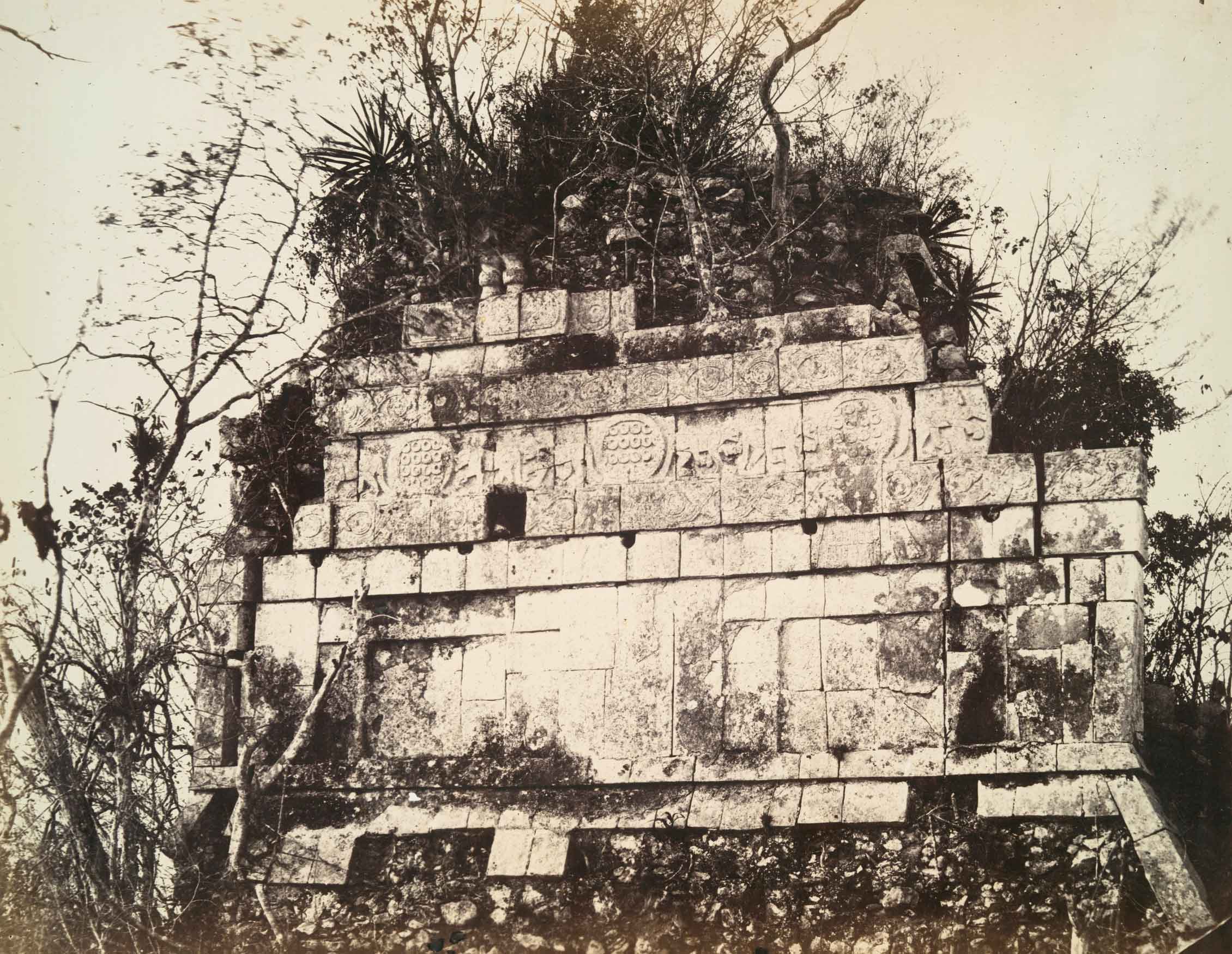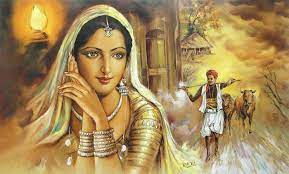नमस्ते to ALL!!!
My interest in history is driven by a desire to understand the human journey, to hear the countless stories that make up our collective existence, to gain perspective on today’s world, to honor the memory of those who have come before, and to engage in the thrilling pursuit of knowledge. History is not just about the past; it’s a vital thread that connects us to the continuum of human experience.

Blogasana: Stretching minds, One post at a time!

HISTORY AND DIGITAL METHODS
Digital methods are revolutionizing historical research, offering new sources and innovative ways to explore history.
Digital archives have made a vast array of historical documents, images, and texts accessible from anywhere in the world.This democratizes access to sources that were once only available to those who could physically visit archives. Databases allow historians to sift through vast amounts of data quickly, identifying patterns and connections that would be impossible to discern manually.
Digital text analysis tools enable historians to analyze large volumes of text efficiently. They can detect patterns, trends,and anomalies in historical texts, allowing for new insights into how language, ideas, and narratives have evolved over time.
Geographic Information Systems (GIS) provide historians with tools to analyze and visualize spatial data. This can be used to study changes in landscapes, migrations, trade routes, and the spatial distribution of various historical phenomena.
These technologies allow for the reconstruction of historical sites, artifacts, and landscapes, providing a more immersive understanding of the past. Virtual reality can bring historical environments to life, offering interactive experiences for both researchers and the public.
The rise of digital platforms facilitates collaboration among historians across the globe, enabling them to work on shared projects, exchange ideas, and access peer feedback more easily than ever before.


